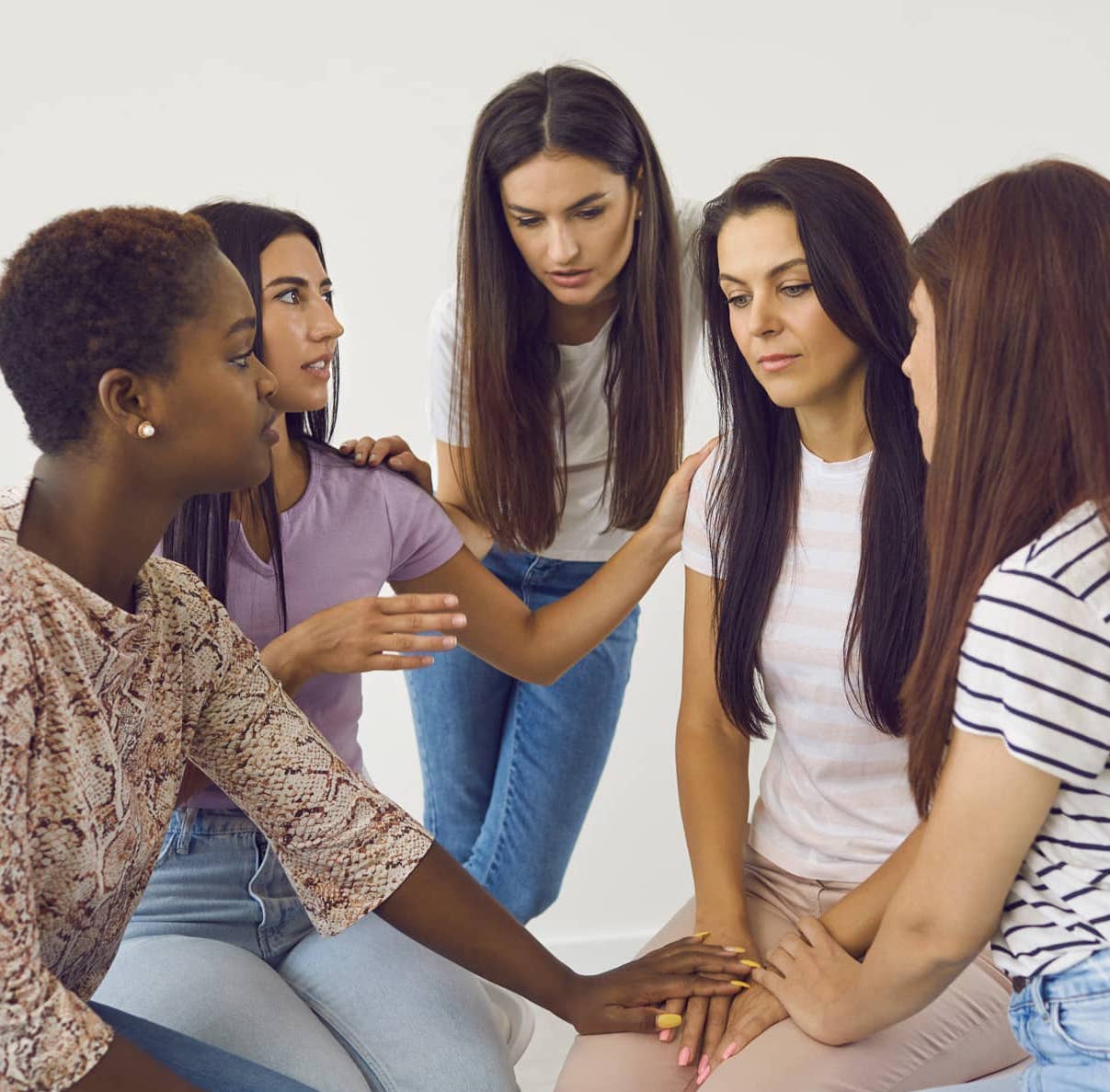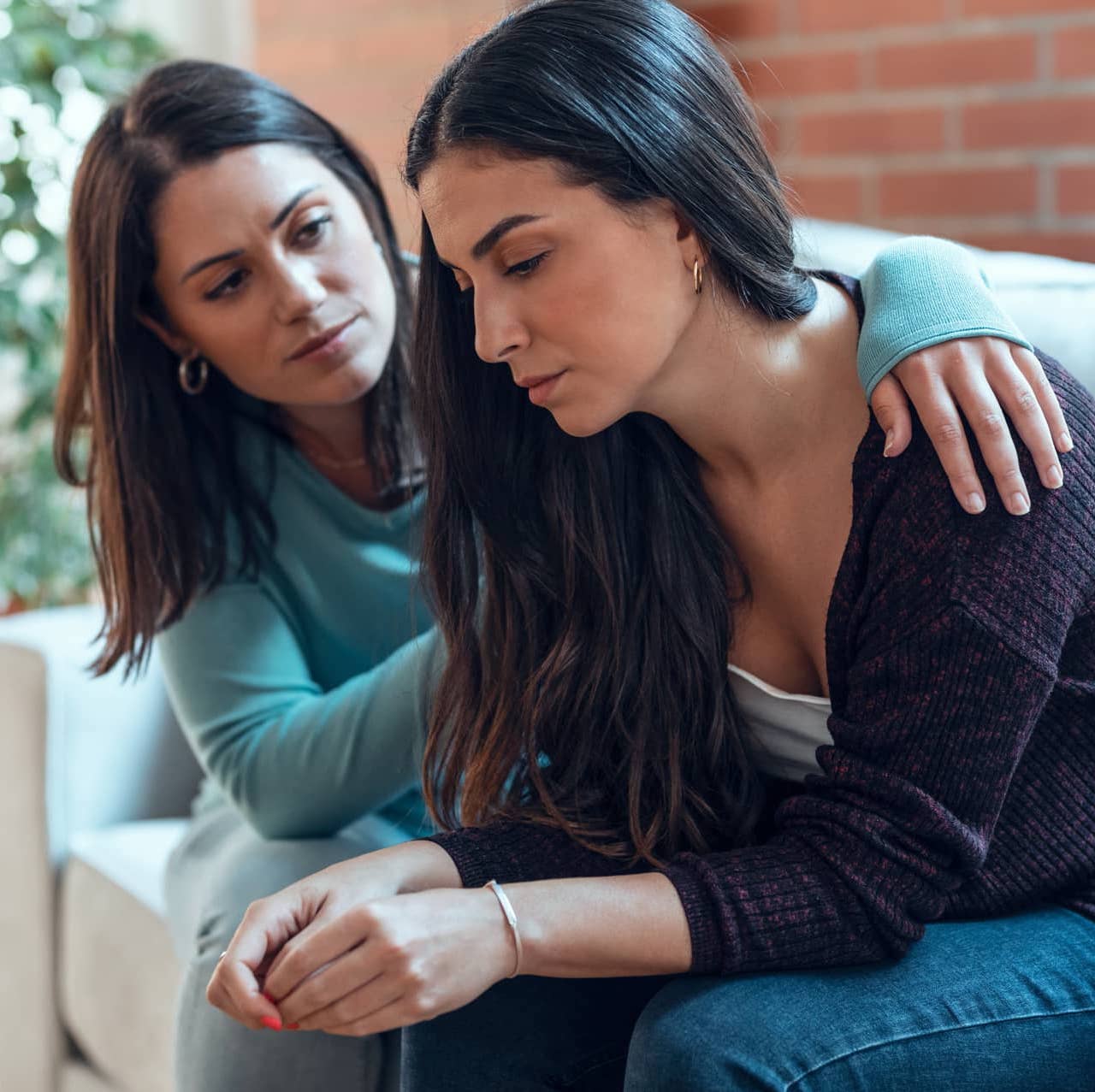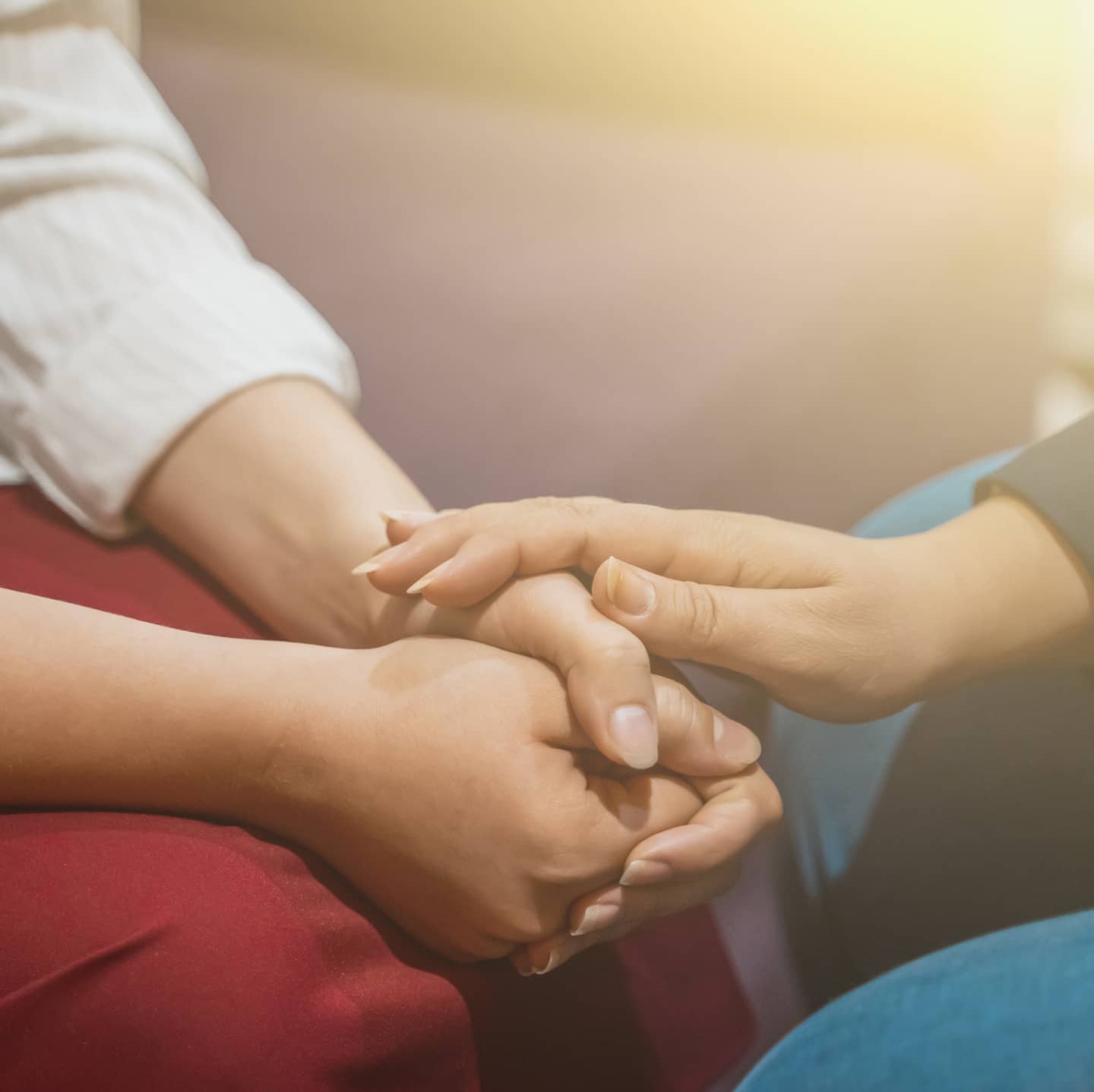How do I help someone who has caused harm?
Call
SMS
Hours: Mon 8:30-5, Tues 8:30-7, Wed 8:30-5, Th 8:30-5, Fri 8:30-5

Safety First
Your safety is especially important and should be a priority as you decide how to approach the situation. If you also know the victim/survivor, consider asking them for suggestions on how to approach the person causing harm, safely.
Consider talking to the individual causing harm in a public space and become familiar with your surroundings.
Let a trusted friend or family member know where you will be.
Stop the discussion and get to safety if you feel the situation is no longer safe.
Use Person-First Language
For example, instead of: “Perpetrator/Abuser/Rapist/Batterer/Harasser” use “person causing harm” or “harm-doer”


Talk Behaviors, Not the Person
For example:
Instead of saying, “I don’t like how you treat your partner,” you can say “I am concerned about the healthiness of the relationship you have with your partner”.
“I saw how you yelled at them.” You can say, “I noticed there might be issues with how things are being communicated.”
Recognize Accountability


Be Patient
Justice Looks Different for All


Offer Information
Remember that a survivor knows their situation best. It’s important to talk with them about how to access resources for identifying safety plans. You may have ideas about what they should do but it’s important that you allow them to make their own choices.